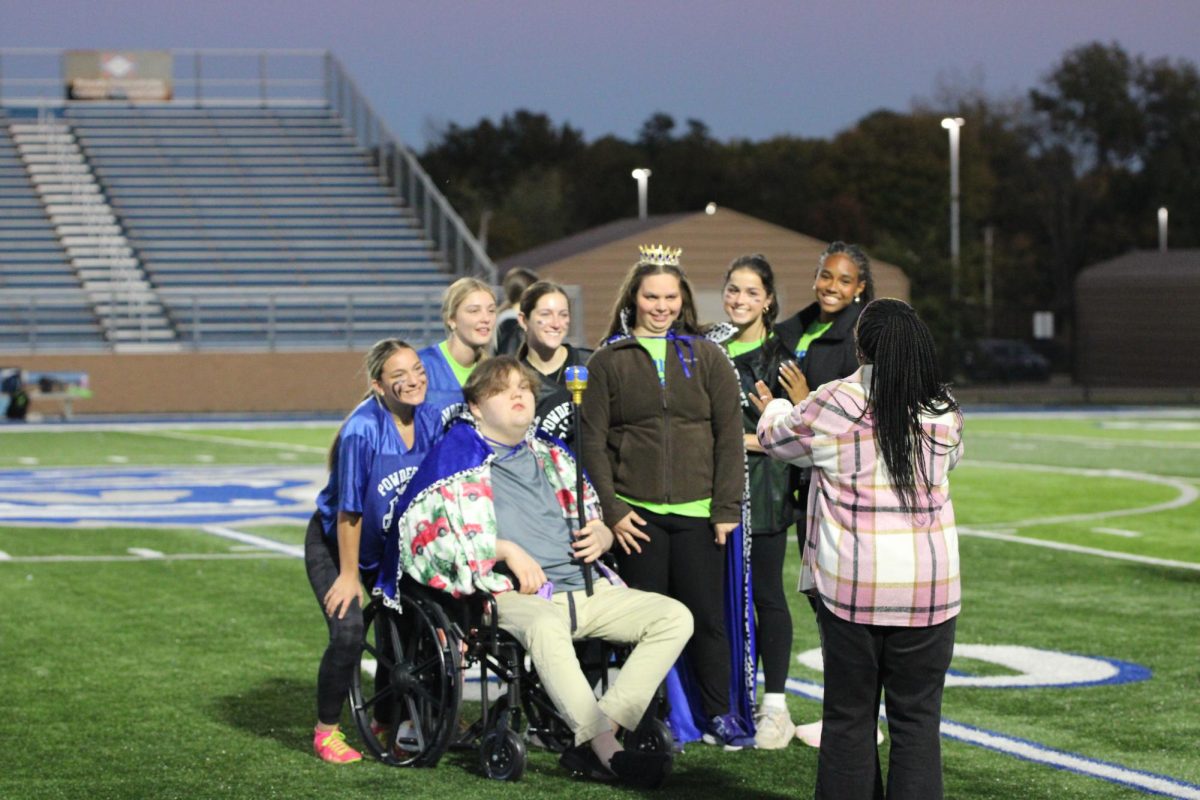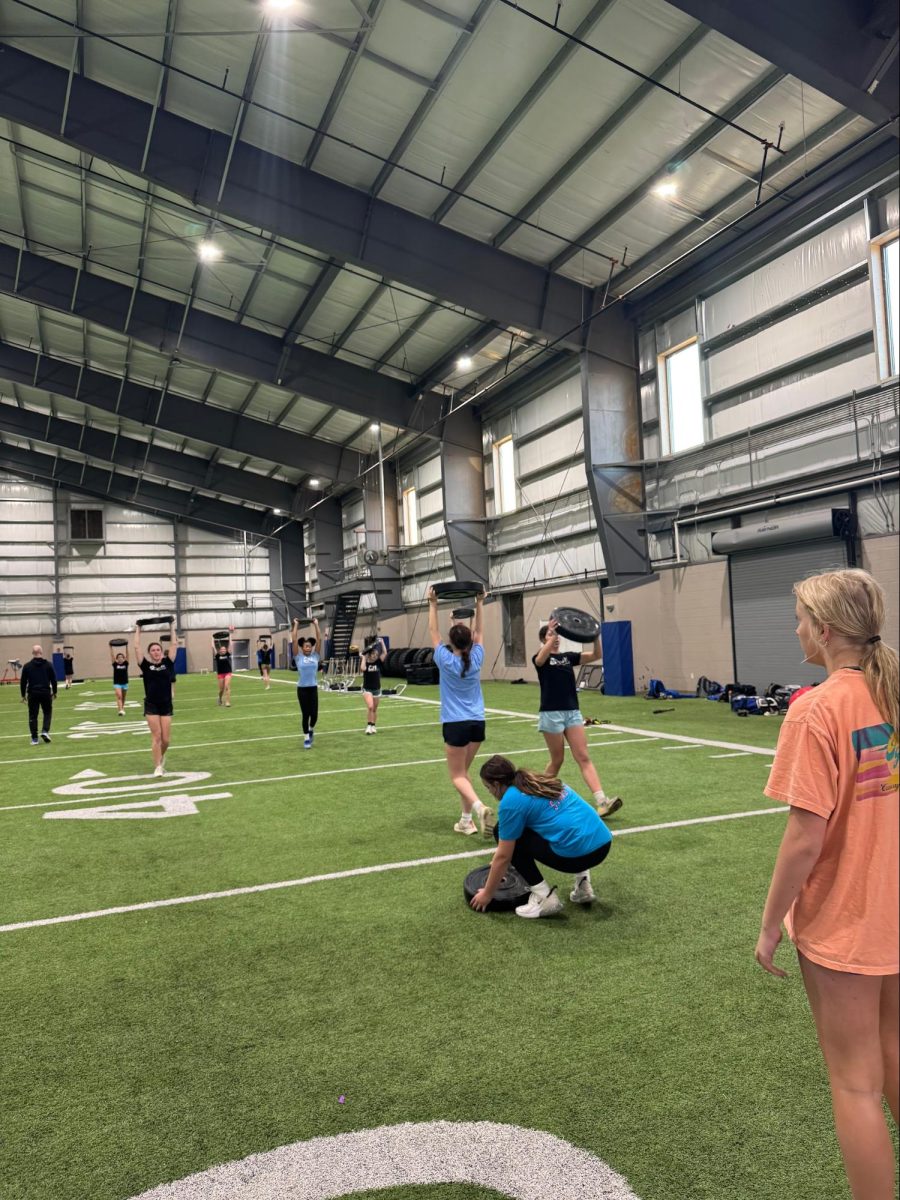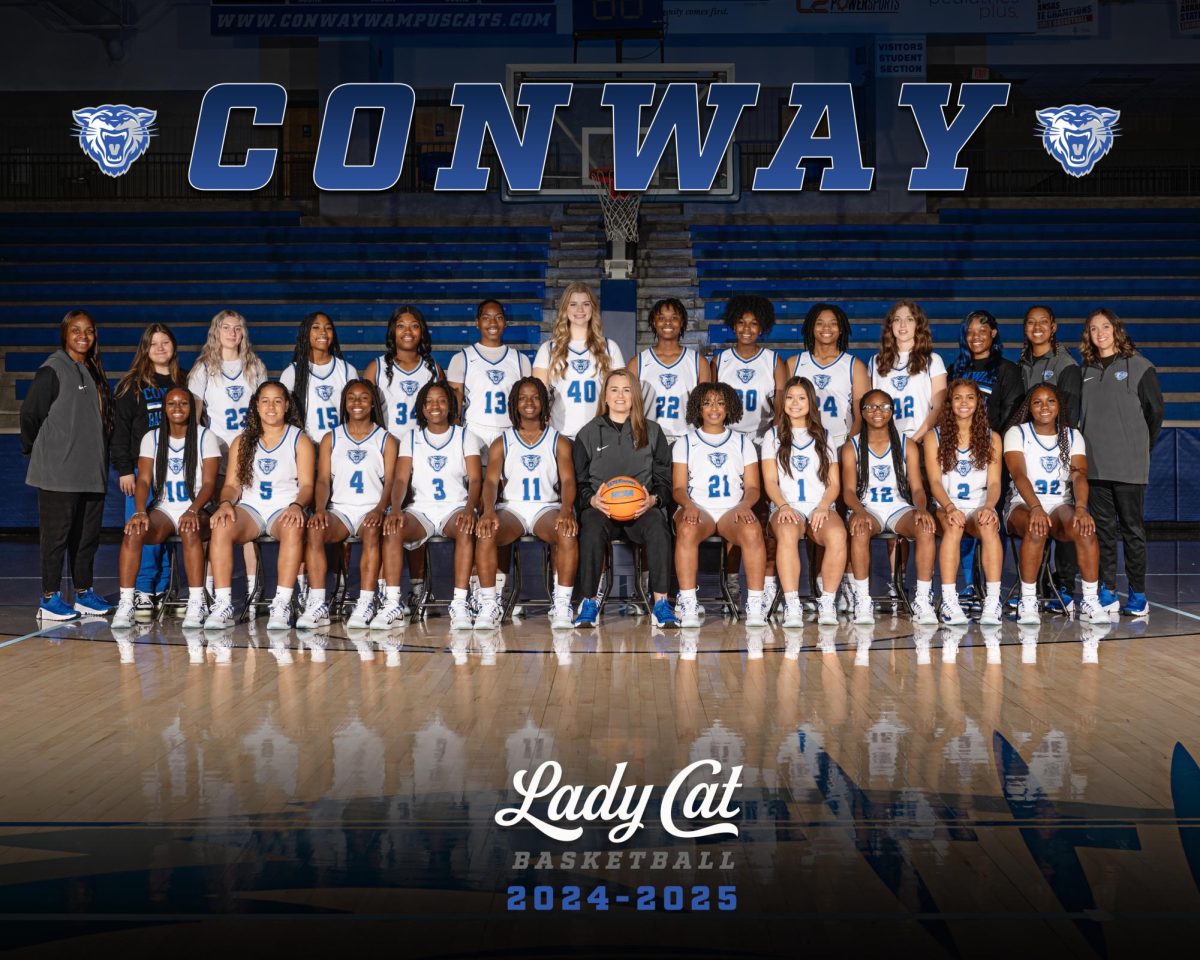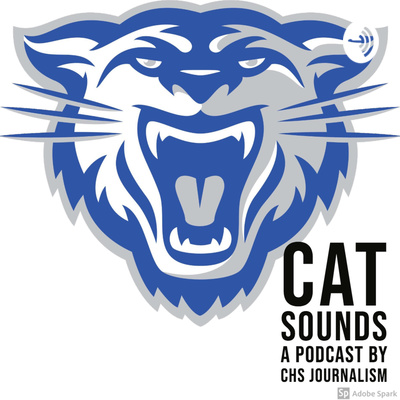Eating Disorders Aren’t a “Trend.”
October 29, 2021
Many people believe that teens choose to have an eating disorder, but it’s not a choice or a “trend”, it is a real and really serious illness that people should acknowledge more than they do. The National Institute of Mental Health(NIMH) reports that 2.7% of teens, ages 13-18 years old, struggle with an eating disorder. Not all eating disorders are about wanting to be skinny either. There are many different types of eating disorders, but the most common are anorexia nervosa, bulimia nervosa, and binge-eating disorder.
Anorexia nervosa, more commonly known as Anorexia, is when a person sees themselves as overweight even when they are sickly underweight. Signs of this disorder include constantly weighing themselves, forcing themselves to vomit, restricting the amount of food they eat, excessively exercising and more.
Bulimia nervosa is when a person has frequent episodes of eating an unhealthy amount of food (binge-eating). When this happens, the person feels irritation at themselves and proceeds to try to reverse what they just did by forcing themselves to vomit, fasting (starving themself), or excessively exercising, and even sometimes all.
Binge-eating disorder is very similar to Bulimia nervosa except people who suffer from binge-eating disorder don’t try to go back and reverse what they did. Most people that suffer with this disorder are overweight or obese. Binge-eating is the most fatal eating disorder in the US. From 2018 to 2019, around 3,110 individuals in the United States died due to binge eating disorder.
10,200 deaths each year are the direct result of an eating disorder—that’s one death every 52 minutes. So next time that you think that eating disorders aren’t real or they’re just a “trend”, look at these stats and think again.
If you are struggling with an eating disorder or know someone who is, please talk to someone. The eating disorder helpline is (800) 931-2237, or go to these websites for more information https://www.nationaleatingdisorders.org/help-support/contact-helpline https://www.nimh.nih.gov/health/topics/eating-disorders.


























emma buchanan • Nov 5, 2021 at 11:48 am
The fact that anyone would even call it a “trend” or say its their (people with the disorder) choice. Kids our age shouldn’t be doing it just for fun or sympathy cause I know some people do that while others have this disorder for real. Eating Disorders are real and people should NEVER kid around about it or make fun of anyone with an eating disorder.
keira • Oct 29, 2021 at 9:37 am
Honestly this is so true because teenagers nowdays think that a eating disorder is a “trend”, which to be honest it is not at all! It is a real thing and its nothing to joke about.